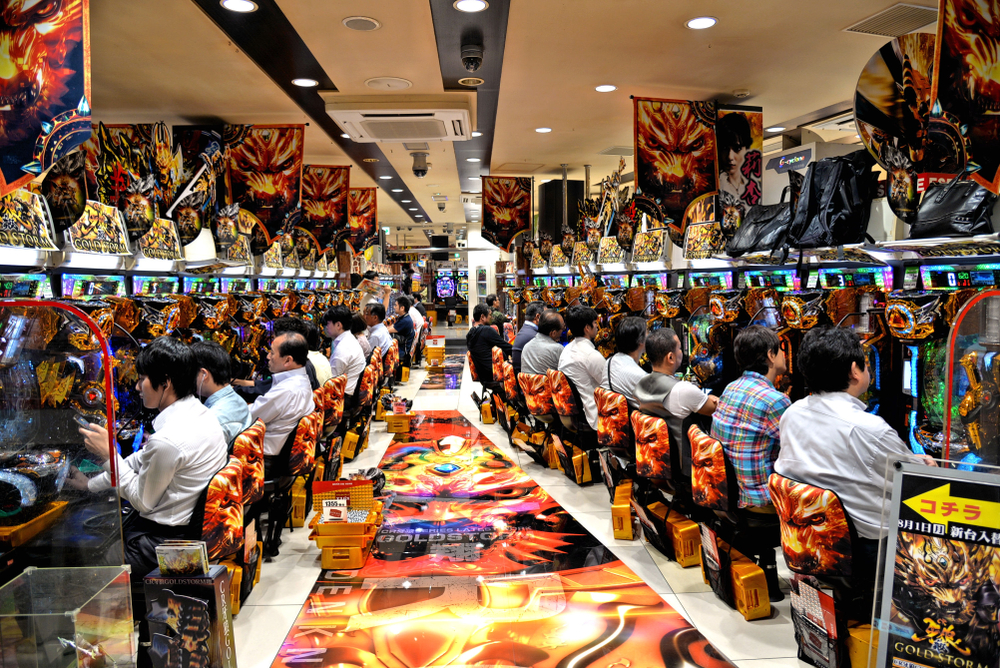
Understanding the Difference Between “Onkaji” and “Inkaji” in the Japanese Casino Market
Introduction:
If you’ve ever searched for online casinos on the internet, you may have come across the terms “Onkaji” and “Inkaji.” At first glance, it’s easy to assume that they both refer to the same thing because “Inkaji” is short for “Internet Casino,” (インカジ) and “Onkaji” is an abbreviation for “Online Casino.” (オンカジ) However, these two terms represent entirely different forms of casinos. It’s essential to understand the distinction between them, especially since getting them mixed up could lead to legal troubles.
What Is “Inkaji”?
“Inkaji” stands for “Internet Casino,” but it refers to a specific type of casino that operates illegally within physical establishments. These establishments offer casino games over the internet and settle financial transactions within the premises. This illegal operation not only affects the casino operators but also puts the players at risk of arrest. Due to its clandestine nature, “Inkaji” is often referred to as “underground casinos” or “shadow casinos.”
The Illegality of “Inkaji”:
Unlike legitimate online casinos (“Onkaji”), “Inkaji” takes place within physical locations, where customers can play casino games over the internet. However, instead of creating their own accounts, players use accounts provided by the “Inkaji” operators. These casinos are illegal in Japan, and every year, several of these establishments have been exposed and faced legal action.
Who Operates “Inkaji”?
The operators of “Inkaji” remain hidden because they are part of the illicit world of underground casinos. Many of them are believed to have connections to organized crime, such as yakuza syndicates. “Inkaji” establishments are typically found in the bustling nightlife districts of major cities in Japan, including Shinjuku’s Kabukicho in Tokyo, Minami in Osaka, and various areas in Fukuoka, Sendai, and Nagoya.
The Dangers of “Inkaji”:
Participating in “Inkaji” carries several significant risks:
- Legal Consequences: Engaging in illegal casino activities may lead to arrests. The presence of customer records within these establishments often results in later arrests for those who have played there. While gambling charges typically result in fines or penalties of up to 500,000 yen, it leaves individuals with criminal records.
- Cheating and Fraud: Since “Inkaji” operates without proper oversight or licensing, there is a high risk of cheating or rigged games. With no regulatory authority to monitor fairness, players are at a greater risk of being cheated.
- Debt Accumulation: “Inkaji” might allow customers to take on significant debt with exorbitant interest rates. This can lead to unmanageable financial burdens for individuals who attempt to recover losses by borrowing more.
What Is “Onkaji”?
In contrast to “Inkaji,” “Onkaji” or “Online Casino” is a legitimate and regulated online gambling platform. These websites are owned and operated by companies located outside Japan and are licensed by their respective governments to offer online casino games.
Safety of “Onkaji”:
Online casinos (“Onkaji”) operate legally in their respective countries and adhere to strict regulations. While the legal status of online casinos in Japan remains somewhat ambiguous, playing on international online casino platforms is not illegal. However, players should be aware of their local laws and use free versions of casino games if unsure.
Conclusion:
In summary, “Onkaji” and “Inkaji” are two entirely different forms of casino gambling. “Onkaji” represents legitimate online casinos that are safe and regulated, operating legally outside of Japan. In contrast, “Inkaji” refers to illegal underground casinos found within physical locations in Japan. It’s crucial for anyone interested in casino gambling to understand the significant differences between these two and to be cautious when engaging in any form of gambling activity. Always adhere to local laws and regulations to ensure a safe and enjoyable gambling experience.



